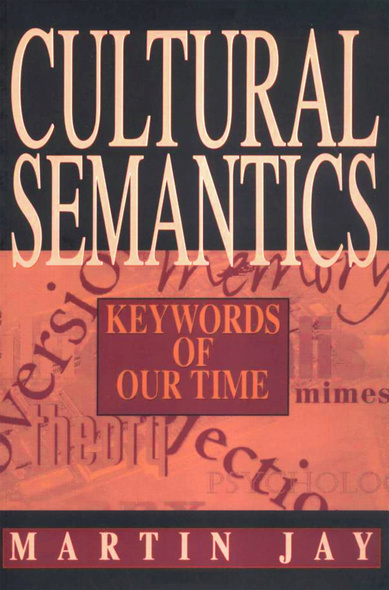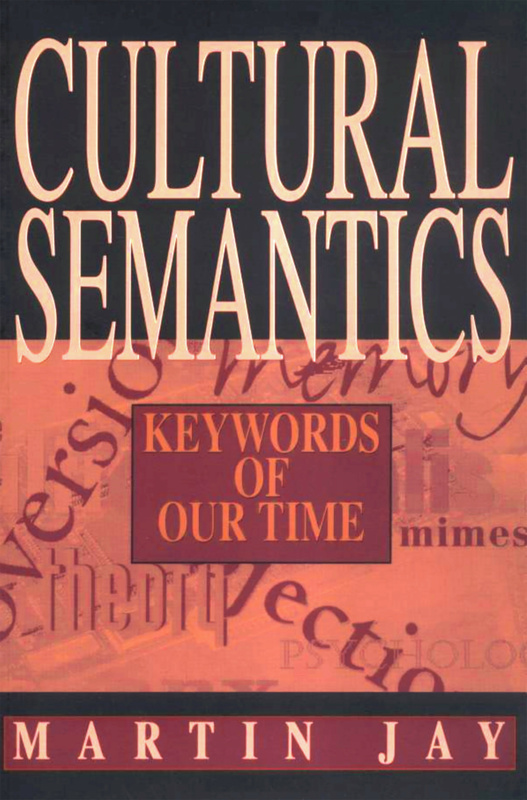A selection of Martin Jay's recent writings on contemporary thought and culture, this is a book about ideas that matter—and about why ideas matter. Borrowing from Flaubert's notion of a dictionary of "received ideas" and Raymond Williams's explorations of the "keywords" of the modern age, Jay investigates some of the central concepts by which we currently organize our thoughts and lives. His topics range from "theory" and "experience" to the meaning of "multiculturalism" and the dynamics of cultural "subversion." Among the thinkers he engages are Bataille and Foucault, Adorno and Lacoue-Labarthe, Walter Benjamin, Christa Wolf, and Jean-François Lyotard.
By looking closely at what "words do and perform," Jay makes us aware of the extent to which the language we use mediates and shapes our experience. By helping to distance us from much that we now take for granted, he makes it difficult for us to remain comfortably certain about what we think we know.
Elegantly written and richly insightful, this is a work of cultural criticism and intellectual analysis of the first order.
By looking closely at what "words do and perform," Jay makes us aware of the extent to which the language we use mediates and shapes our experience. By helping to distance us from much that we now take for granted, he makes it difficult for us to remain comfortably certain about what we think we know.
Elegantly written and richly insightful, this is a work of cultural criticism and intellectual analysis of the first order.
In this book we are confronted with Jay's consistently high level of conceptual clarity, his forceful refusal to bend to current trends, and a remarkable generosity toward his intellectual opponents. . . . His ability to connect journalistic controversies with more serious academic concerns is especially evident throughout.'—Anson Rabinbach, Princeton University
Martin Jay is professor of history at the University of California, Berkeley. His books include The Dialectical Imagination: A History of the Frankfurt School and the Institute for Social Research, 1923-1950; Marxism and Totality: The Adventures of a Concept from Lukács to Habermas; and Downcast Eyes: The Denigration of Vision in Twentieth-Century French Thought.






